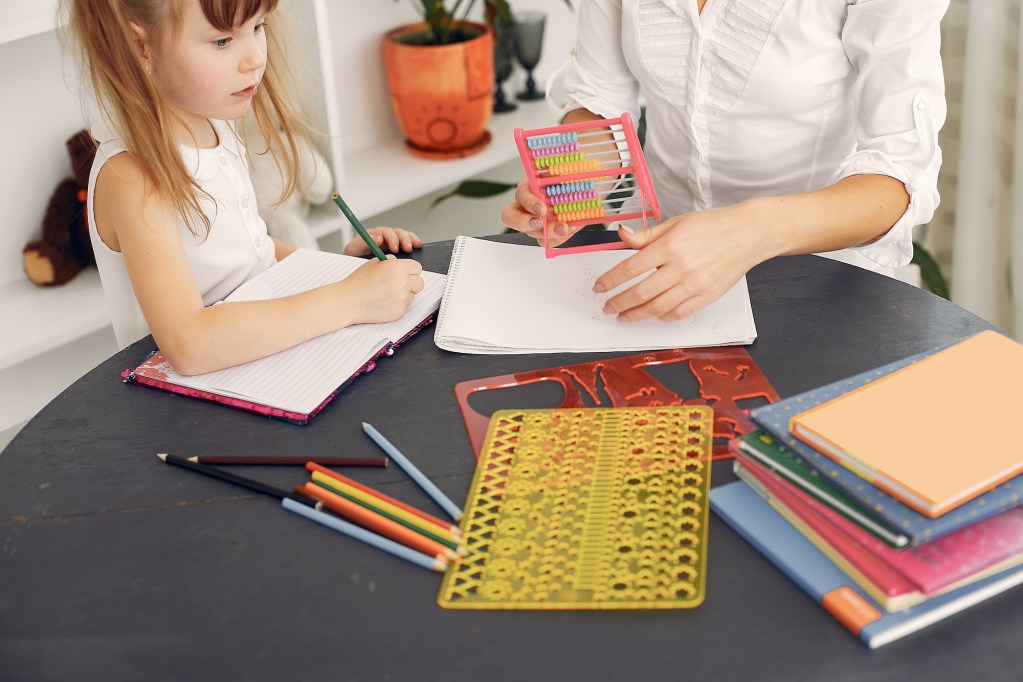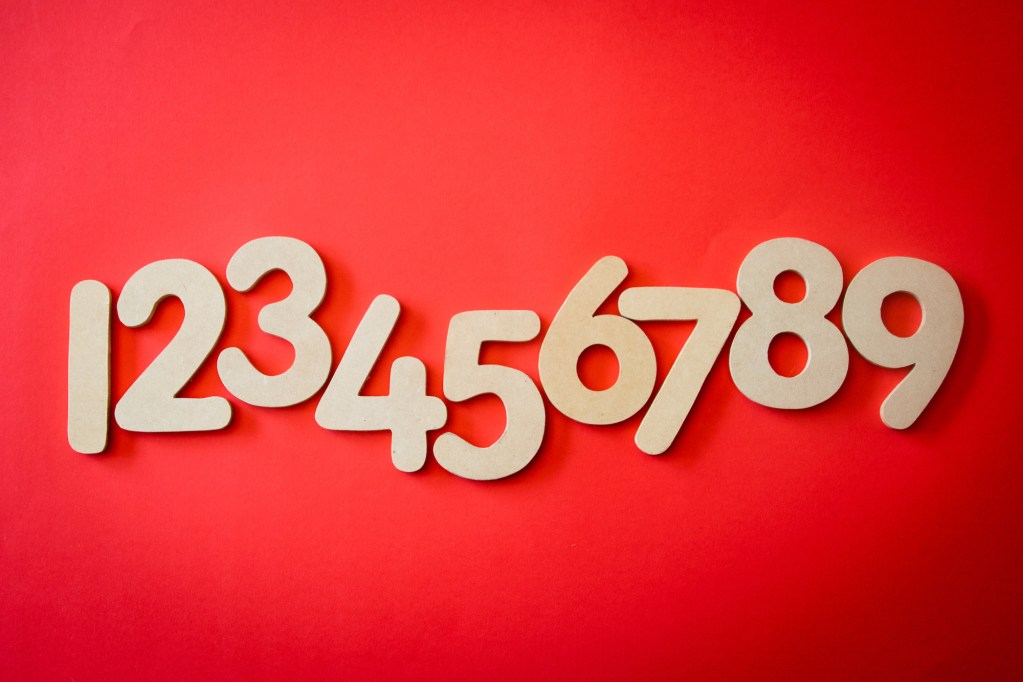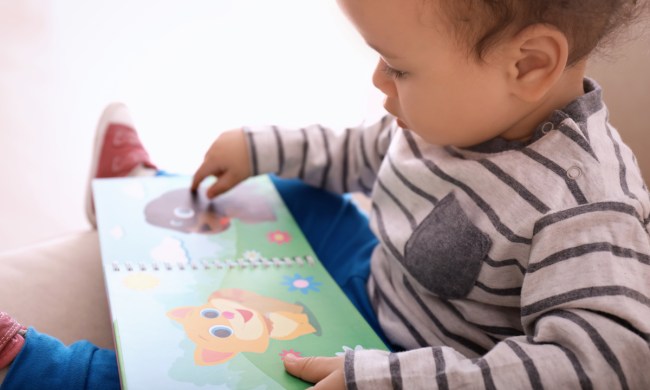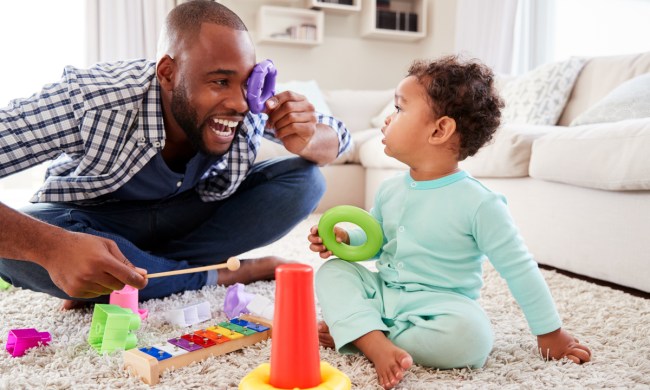Parents always look forward to the period when their lovely baby will learn to count. There are so many emotions during this period, especially from the mother. Most parents are restless and worried when a child gets to a certain age and is unable to count successfully. The question now is, “When is the ideal time for a child to learn to count?”
In this article, the ideal age for your child to learn how to count will be revealed. Also, useful tips about what to do, how to relate to your child to help your child learn how to count, and how to encourage your child’s learning ability will be discussed.
The ideal age for children to learn to count

Basically, the counting stage is between the ages of 2 and 4, because that is when the child’s ability to understand the concept of numbers begins. It also improves as time goes on. Some children count from one to 10 and beyond by age 4.
Counting everyday objects and shapes can be very interesting as the child is growing. Some children unknowingly mime and repeat numbers, as well as count objects as they go about their daily activities. Parents, siblings, loved ones, and the environment also contribute a lot to how fast a child’s learning goes. The kind of people who surround the child determines how and when the child understands the concept of counting.
There are children who can count and even successfully identify numbers by ages 2 to 4. Meanwhile, there are children who, at ages 5 and 6, are unable to independently count numbers, basic objects, and shapes. The major underlying factor is associated with what a child is exposed to at these ages and what the people around them say to them — this goes a long way in determining when a child begins counting.
More so, most children at age 3 have successfully been able to count up to five objects without any corrections. It is important to also mention that there are children who would have been able to count up to 10 to 15 objects by the end of the third year of their life.
Things to know about a child learning how to count

Generally, when it comes to enumeration, children can be quite slow to begin. If you want your child to be fast in learning these numbers, it is important that parents should expose their children early to the language of mathematics, either through parental guidance or through school. Exposure to mathematical concepts might be learned by a child from 15 months onwards.
Also, most children can remember sentences containing up to four words, but some might not understand their meaning. A very small percentage of children under 2 years old can truly understand the meaning of four or more words in a sentence. Most importantly, parents, guardians, and even teachers should use the method of finger counting to visualize numbers and their quantities. For example, parents can also help with improvement by giving specific instructions to the child, like, “Bring four pens,” “I took two books,” or “Help me with one spoon.”
These instructions and errands enable the child to get familiar with numbers during his daily activities. Even if the child gets it wrong the first time, the parent can correct the next. Then, the next time, it may be very easy for the child. However, there are children who may still get it wrong after several corrections. It is the responsibility of the parents not to give up on such a child because each child’s brain capacity differs.
Parents have a lot of opportunities for counting exercise with their child. There are dozens of things in your house that can help you fulfill these tasks. You can count various objects in the house with your child. You can make it more fun and exciting by turning it to a song and doing it playfully. By doing this, children between the ages of 2 and 4 can grasp the concept of counting.
Conclusively, you should have this in the back of your mind: Your child’s attitude, performance, and overall well-being depend on you as a parent. Your attitude toward your child’s life is very important for his or her growth. As a parent, counting should ideally be a fun and exciting routine with your child.
In the meantime, read on further and check out some fantastic ways to promote curiosity in your child!


